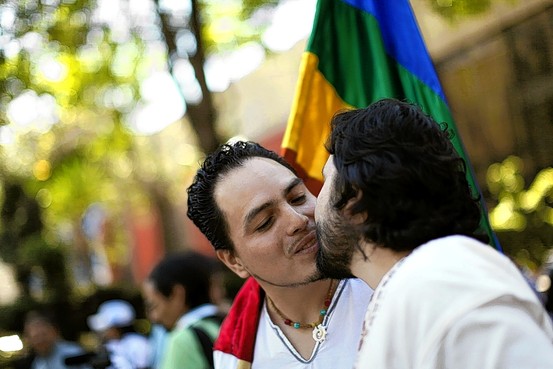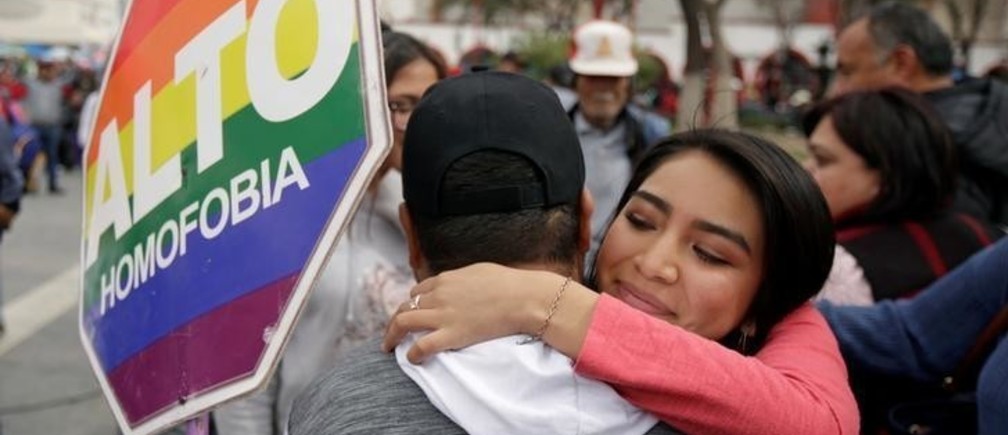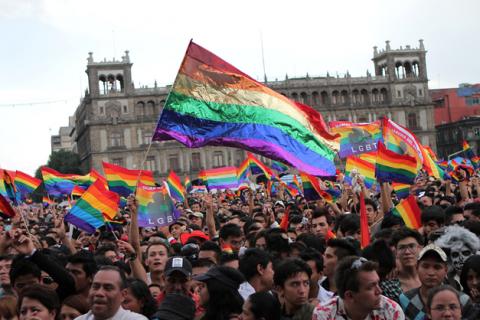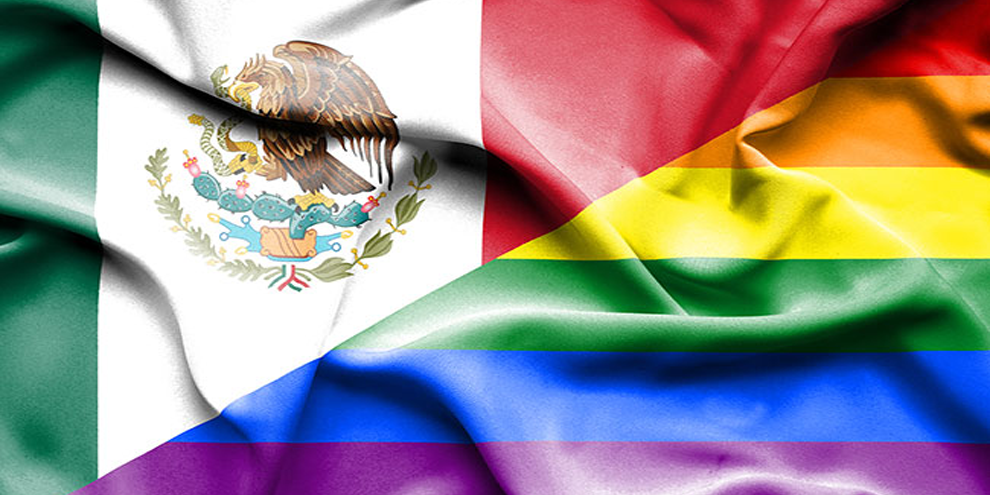The History, Status, and Challenges
Mexico, known for its vibrant culture, rich history, and breathtaking landscapes, is also home to a diverse and resilient LGBTQ+ community. Over the years, this community has made significant strides in its fight for equality and acceptance despite facing unique challenges in a country deeply rooted in traditional values and religious beliefs. This article explores the history, status, and challenges of the LGBTQ+ community in Mexico, highlighting its progress and the ongoing struggle for equal rights.
Historical Perspective
Mexico has a long history of LGBTQ+ presence, dating back to pre-Columbian times when indigenous societies recognized the existence of diverse gender identities and sexual orientations. However, with the arrival of Spanish conquistadors in the 16th century and the imposition of Catholicism, attitudes towards non-normative sexualities became more repressive. This legacy of colonialism continued to influence Mexico’s approach to LGBTQ+ issues for centuries.

In the Zapotec culture of southern Mexico, “muxes” are a third gender that includes individuals who identify as a mix of male and female — or something completely different.
Modern Progress
In 1871, Mexico decriminalized homosexuality, making it one of the first countries in the world to do so. However, it was not until the late 20th century that progress in LGBTQ+ rights began to accelerate. In recent decades, Mexico has made significant progress in recognizing and protecting the rights of LGBTQ+ individuals.
In 2003, Mexico City became the first city in Latin America to legalize same-sex civil unions, a groundbreaking step toward recognizing LGBTQ+ relationships. In 2010, same-sex marriage was legalized in Mexico City, setting a precedent for the country. This milestone marked a turning point in Mexico’s LGBTQ+ rights movement, as other states gradually followed suit.
In 2021, Mexico’s LGBTQ+ activists scored a significant victory when the Supreme Court ruled banning same-sex marriage was unconstitutional. This landmark decision further solidified the legal recognition of LGBTQ+ relationships nationwide.

Challenges and Discrimination
Despite the progress, challenges persist for the LGBTQ+ community in Mexico. Discrimination, violence, and stigma remain significant issues, particularly in more conservative regions of the country. Hate crimes targeting LGBTQ+ individuals are reported, and many cases go unreported due to fear and mistrust of the authorities.

Transgender individuals often face heightened discrimination, with limited access to healthcare, education, and employment opportunities. The government and civil society organizations are working to address these issues, but progress is slow and uneven.
Religion, particularly the influence of the Catholic Church, remains a significant barrier to LGBTQ+ acceptance in Mexico. The Church has historically been vocal in opposing LGBTQ+ rights, contributing to the persistence of conservative attitudes within Mexican society.
LGBTQ+ Activism and Organizations
Mexico’s LGBTQ+ community is not without its champions and activists. Numerous organizations, such as the National Pride Front, have emerged to advocate for LGBTQ+ rights and equality. Pride parades and events take place nationwide, fostering visibility and solidarity within the community.

Conclusion
Mexico’s LGBTQ+ community has come a long way, from the shadows of discrimination to achieving legal recognition and protection of their rights. Challenges remain while progress has been made, and the fight for full equality continues.
The persistence of traditional values and the influence of the Catholic Church are ongoing obstacles. Still, as Mexico evolves and becomes more inclusive, the LGBTQ+ community’s resilience and determination will undoubtedly pave the way for a more inclusive and accepting society. Mexico’s diverse culture and history are beginning to embrace the richness of LGBTQ+ identities, making the country a more colorful and welcoming place for all its citizens.
Related Article:










